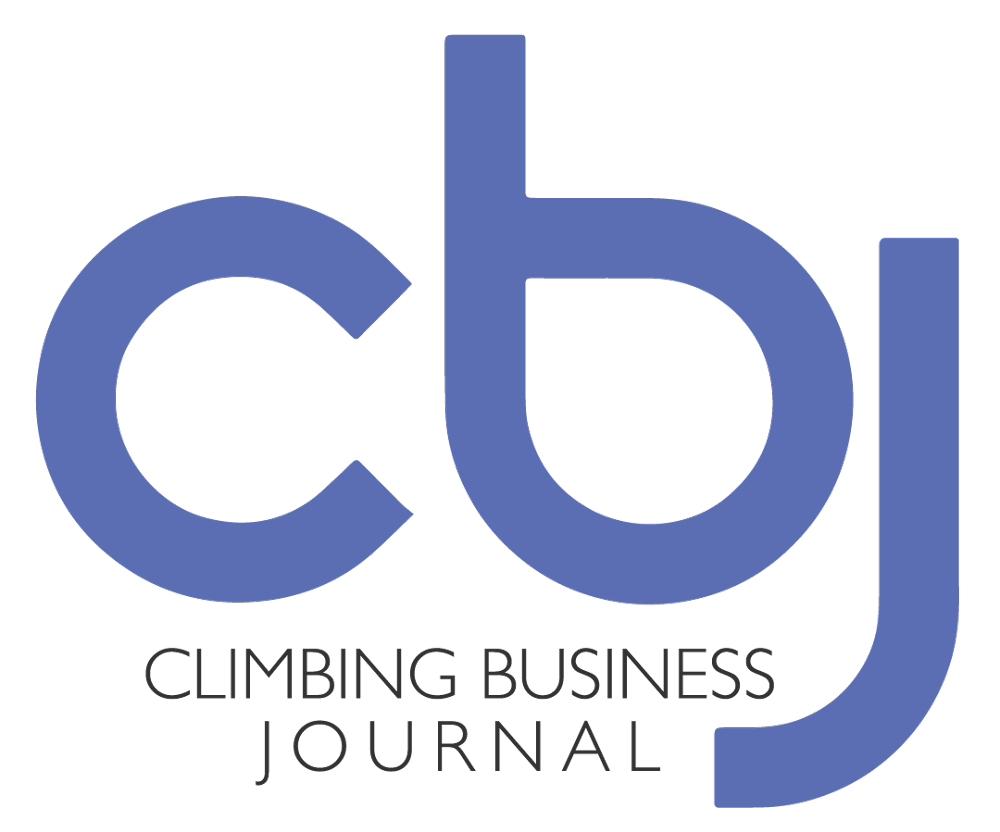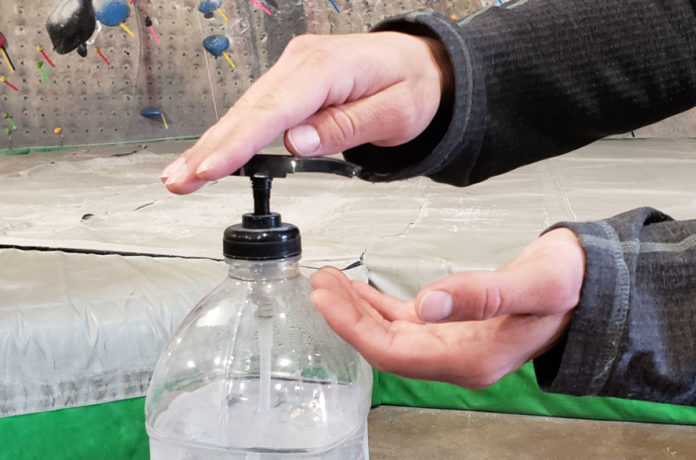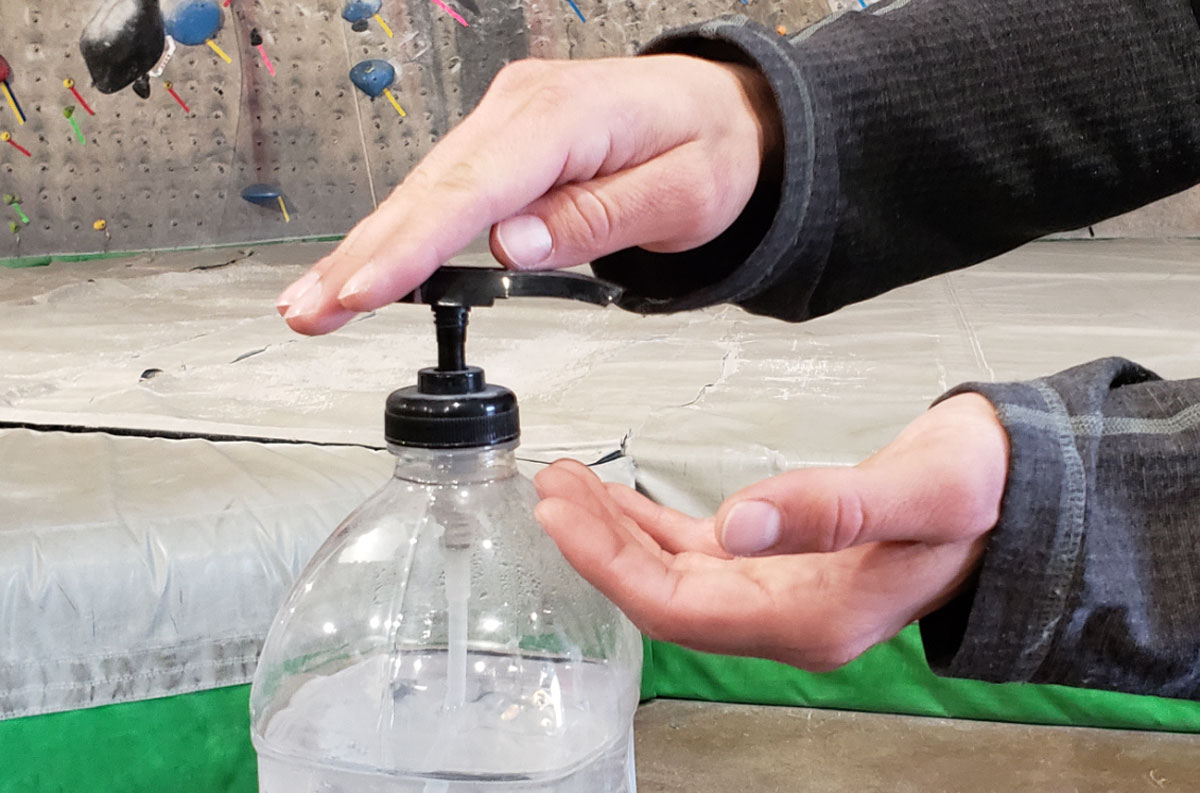The coronavirus (COVID-19) has already significantly impacted climbing. The IFSC’s April World Cups in Chongqing and Wujiang, China, are pending rescheduling, and the IFSC Asian Continental Championships – an Olympic qualification event – is currently pending relocation as well.
CBJ encourages all climbing gym managers to be familiar with recently released interim guidance for businesses and employers regarding COVID-19 from the Centers for Disease Control and Prevention (CDC). Climbing gyms will face a unique challenge if the coronavirus continues to spread, which many experts are saying is now inevitable.
More Than Just Washing Hands
Providing customers with free alcohol-based sanitizer, keeping hand soap stocked, and providing disposable wipes to staff are all solid strategies for climbing gyms. Many gyms already employed these tactics long before coverage of the coronavirus started.
In case there is a local outbreak of COVID-19, gyms would be wise to have a plan in place for staffing interruptions (ie, what happens when your Head Coach needs to stay home for two weeks?) and allowing administrative staff to work from home.
But for climbing gyms it doesn’t stop there. Very simply, climbing gyms cannot be fully sanitized. The nature of climbing – grabbing holds with sweaty hands – leaves plain the risk of transmission. It’s not panic to admit this as an industry; it’s pragmatic.
All climbing gyms should monitor the status of the virus locally and be ready to react if conditions change. If local schools are closed, for instance, that’s a good indication that your gym should close too. That’s probably an easier call for a gym manager to make.
What About Customers Who Appear Sick?
The tougher call may be, “What do I do with a customer exhibiting obvious virus symptoms?” Of course no business wants to tell a customer to go home. Still, with “safety first” in mind, some gyms may adopt this strategy.
However, kicking someone out of your gym because they “look sick” can open a Pandora’s box of legal consequences. Of course you cannot discriminate based on race, color, religion or national origin, and the Americans with Disabilities Act (ADA) could come into play as well (learn more about these legal issues here).
A sign at the front door encouraging people with symptoms to stay home is a safer tactic. Additionally, managers would be wise to train their staff on how to properly communicate with affected customers. Protect your gym by knowing the laws and training your staff.
In many ways, this is no different than every year’s flu season. During the winter, it’s not uncommon for a climbing gym to talk to a customer who is obviously sick about climbing another day. Perhaps in retrospect, this season’s COVID-19 outbreak won’t look much different than the typical flu. But in case it gets worse, climbing gyms should be prepared.

Climbing Business Journal is an independent news outlet dedicated to covering the indoor climbing industry. Here you will find the latest coverage of climbing industry news, gym developments, industry best practices, risk management, climbing competitions, youth coaching and routesetting. Have an article idea? CBJ loves to hear from readers like you!









